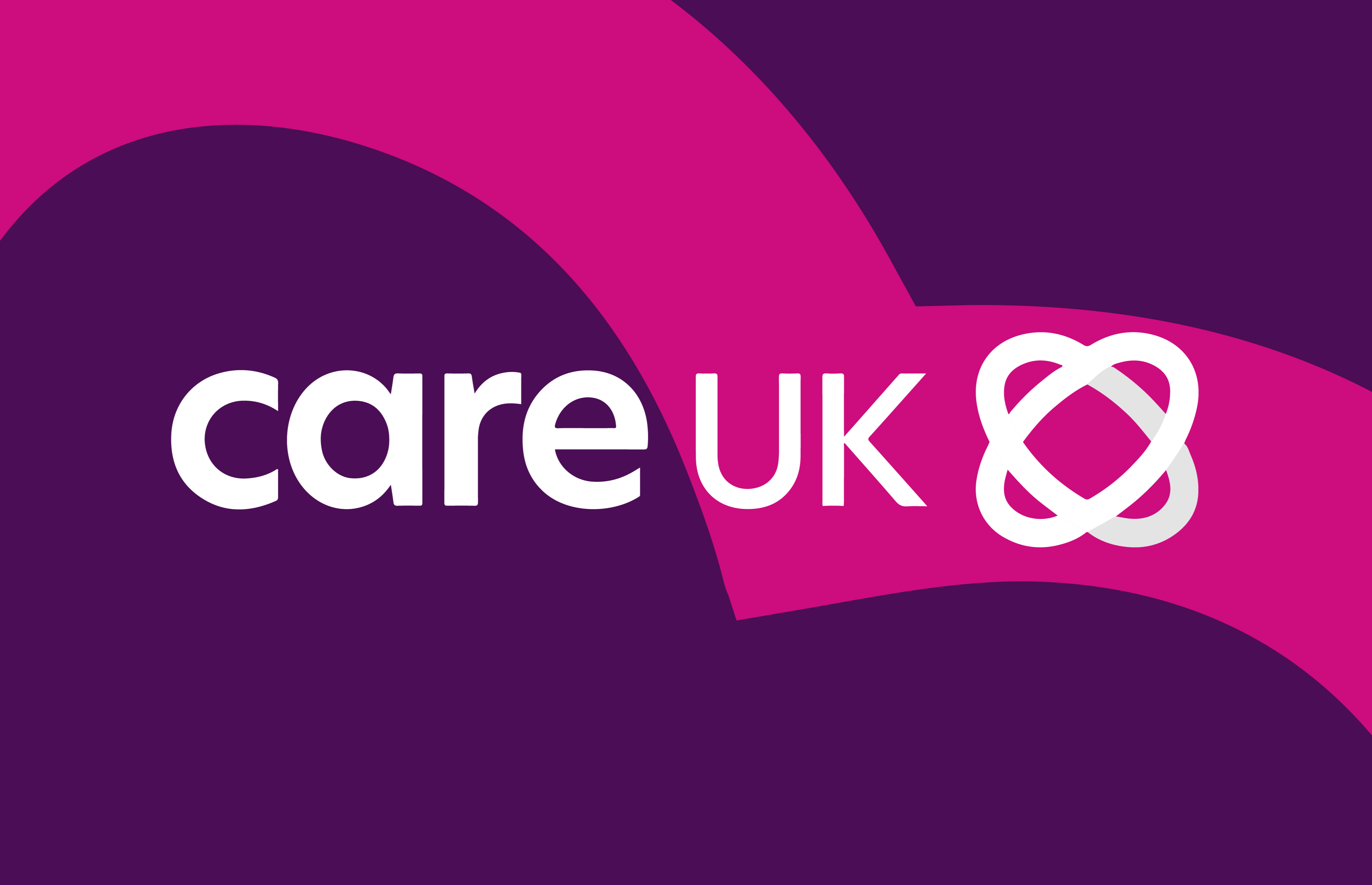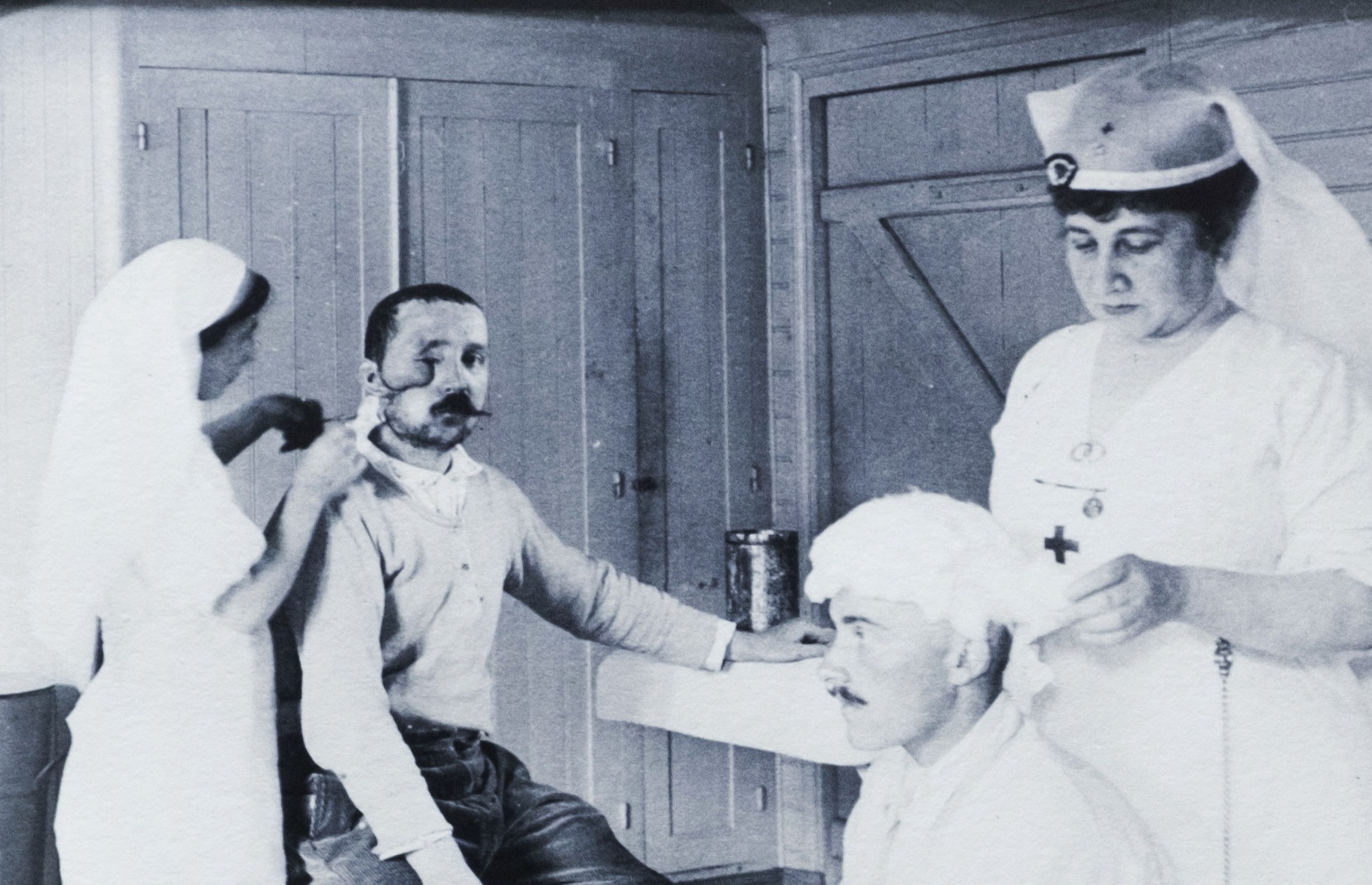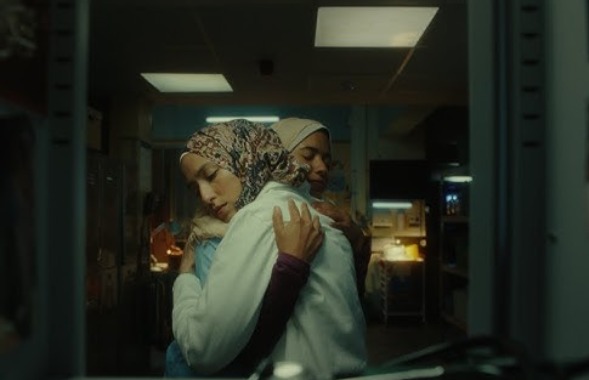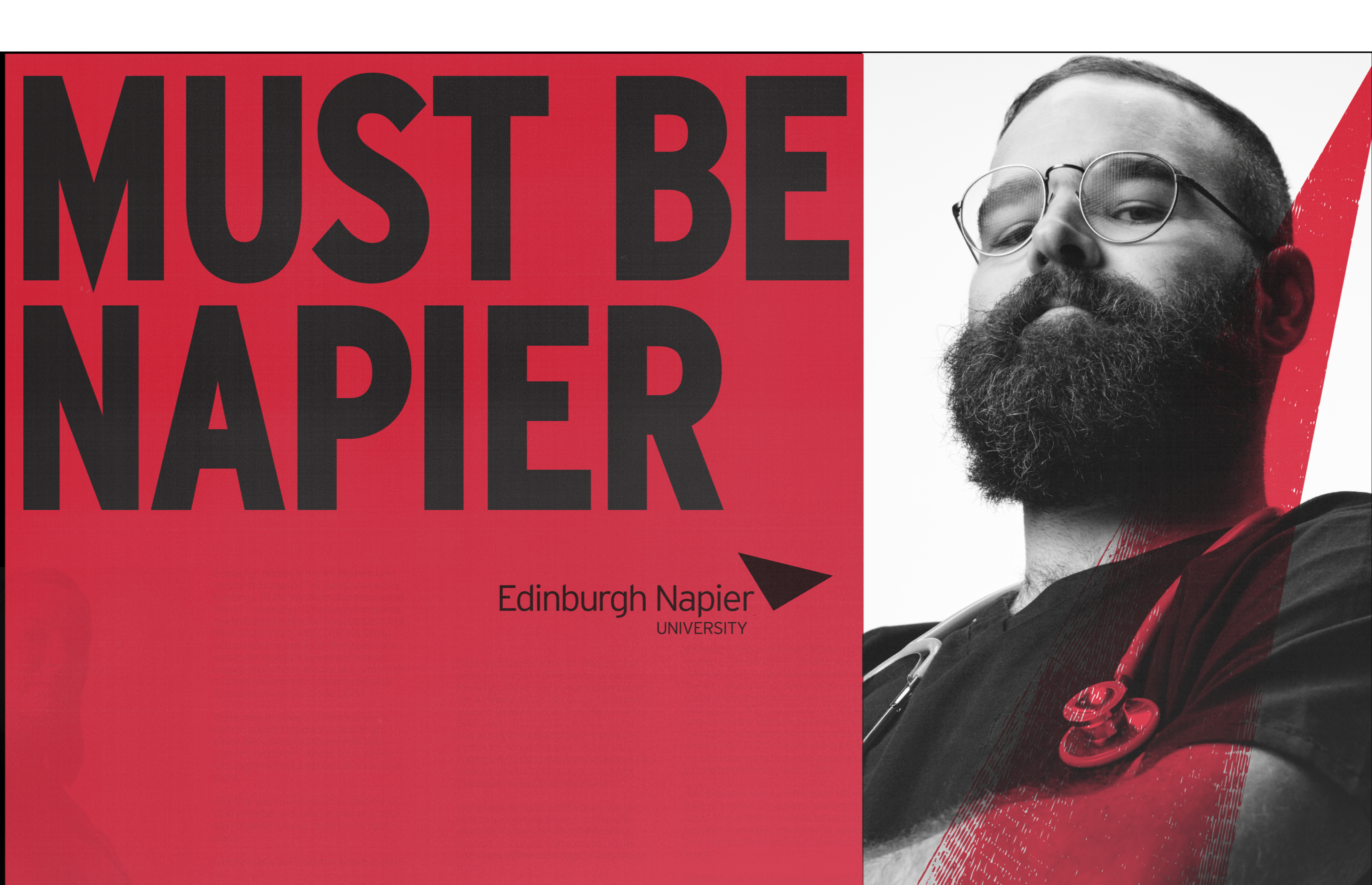
Access to family planning is a pathway to equality
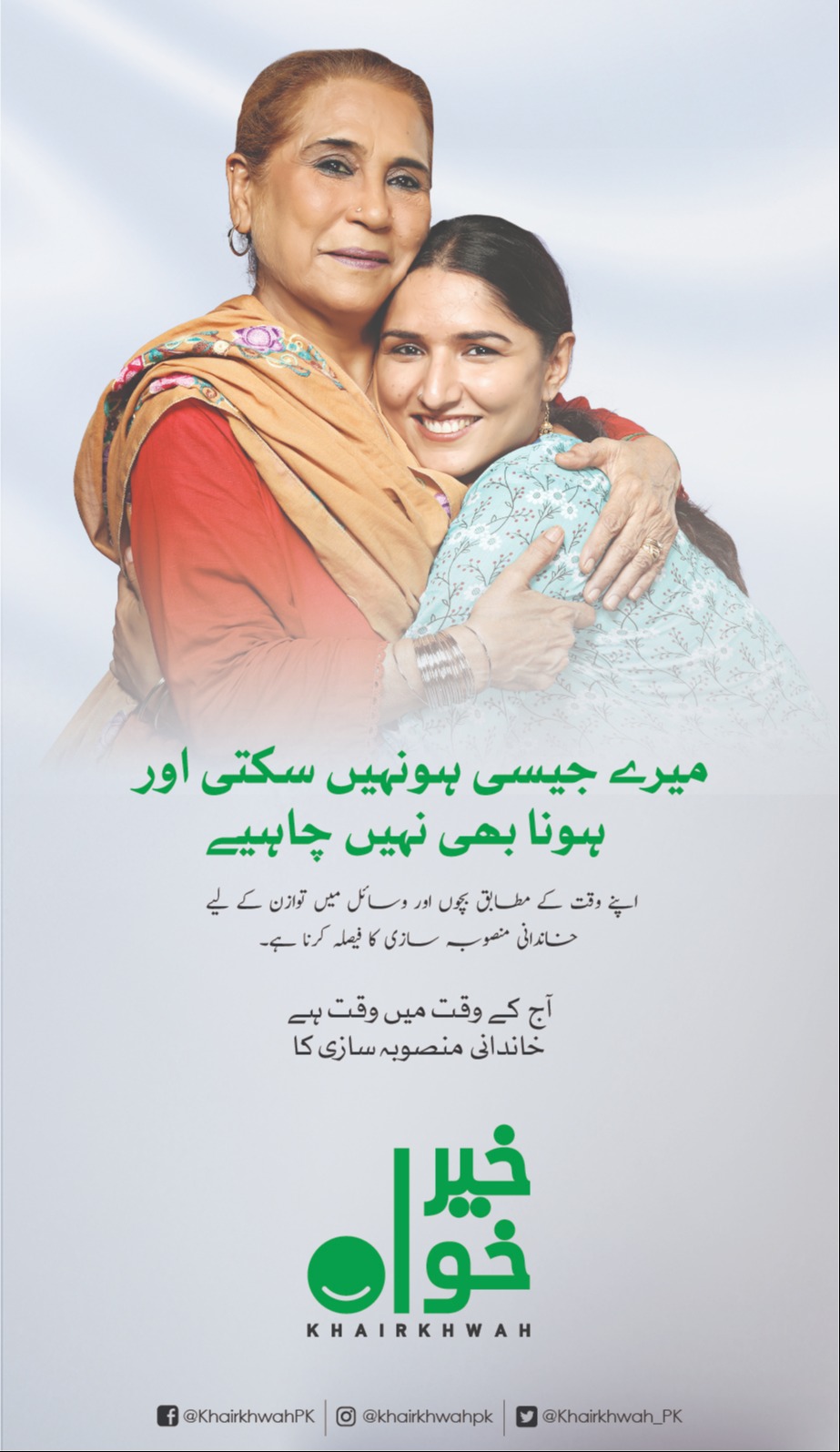
The Challenge
The challenge was to increase uptake of family planning and help reduce Pakistan's fertility rate which stood at 3.62 babies per woman when the campaign began and is 3.28 now2.
A reduction in this metric has been shown to have positive impacts on economic growth3 4, education standards and poverty reduction5. It also increases gender equality and improves the health of Pakistan’s women and children6.
For decades the International Development sector has studied, measured, modelled and intervened on the challenge.
The Concept
Our novel approach was to combine best practise drawn from the commercial advertising sector with the sector’s existing knowledge base and intervention programmes.
Our story charts the creation of a new brand and emotionally-led campaign to tackle ‘The Long and The Short’ of contraceptive behaviour change.
The brand, KhairKhwah, means ‘well-wisher’. With its powerful, consistent and relatable voice KhairKhwah tackled social taboos, engaged communities in the most remote parts of Pakistan, sparked a nationwide conversation about a subject not normally talked about, and promoted family planning practices, products and services.
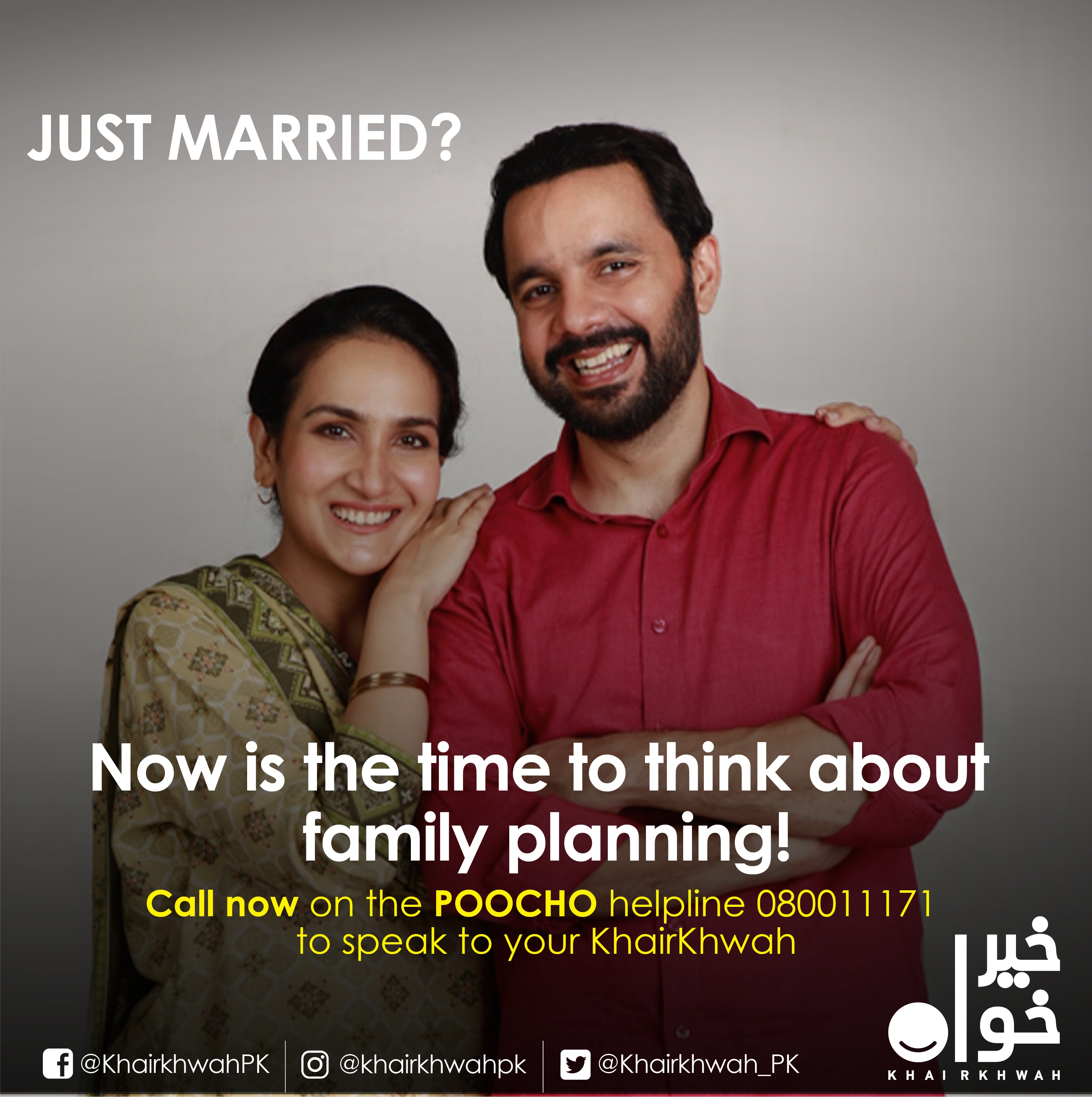
The Results
This drove uptake among at least 259,000 women. Against the UN’s Sustainable Development Goals, this is success in itself.
But KhairKhwah is also generating considerable financial payback. By reducing Pakistan’s fertility rate by 0.027 it will increase GDP per capita by £9.75.
This amounts to a long-term gross return of investment of £2.2BN and an ROI of at least 27:1 for the programme.
Share
KhairKhwah and FCDO ""How a "well-wisher" transformed family planning in Pakistan"
This is our case study on our work on family planning in Pakistan for our client the FCDO, specifically their DAFPAK programme (Delivering Accelerated Family Planning in Pakistan).
Sector
Users who viewed this work also looked at:

